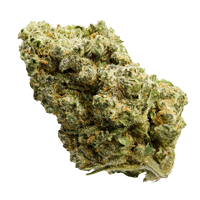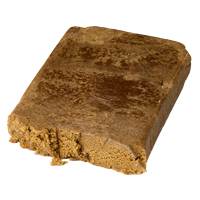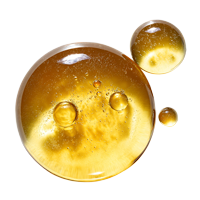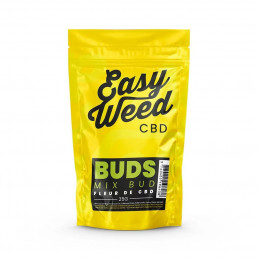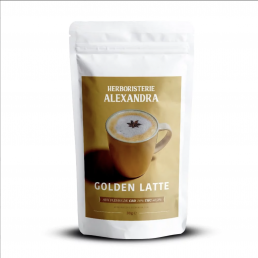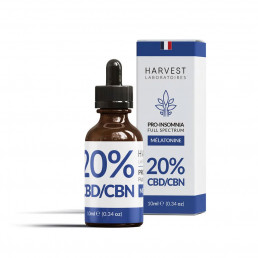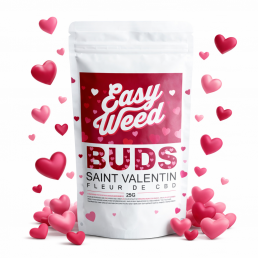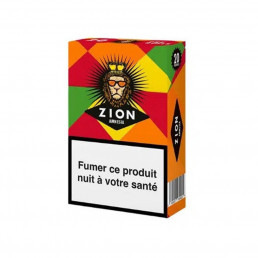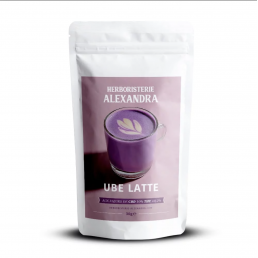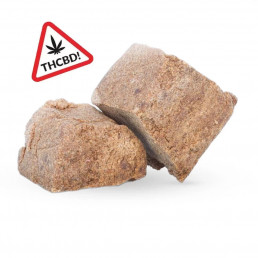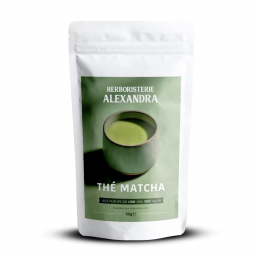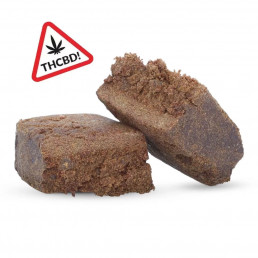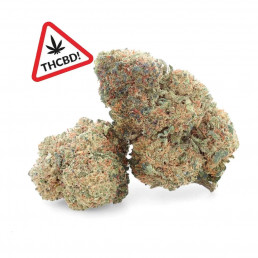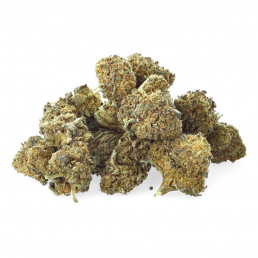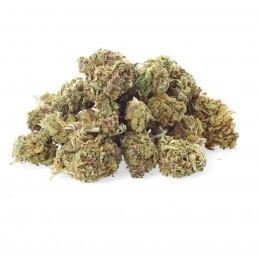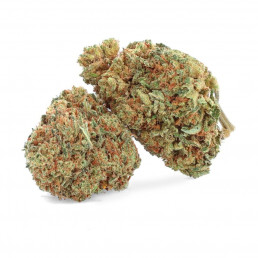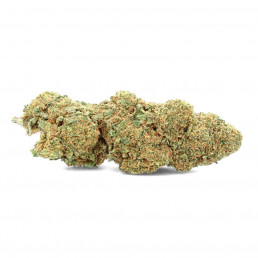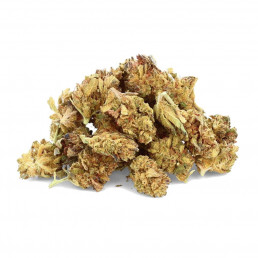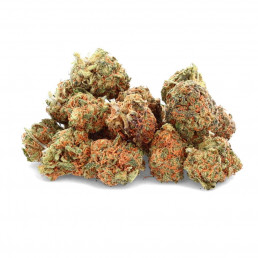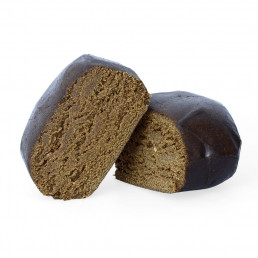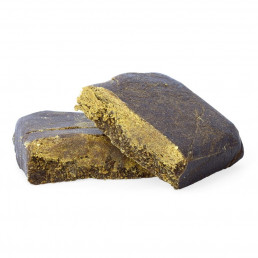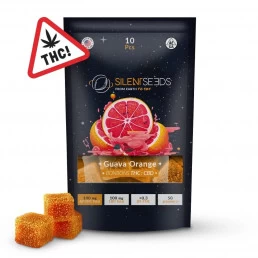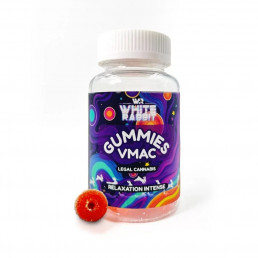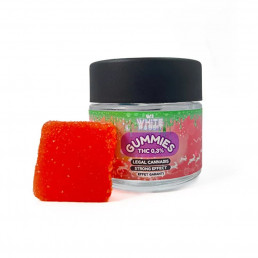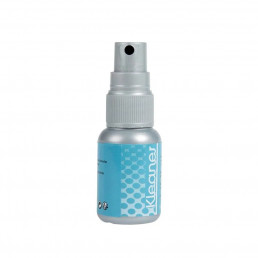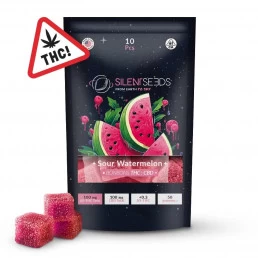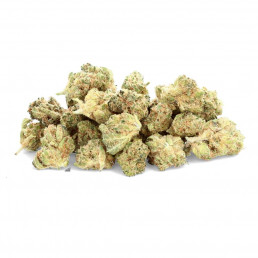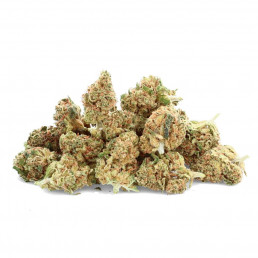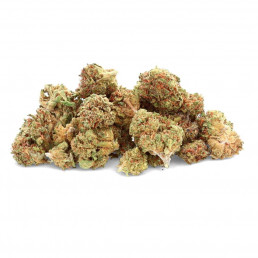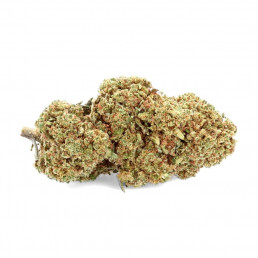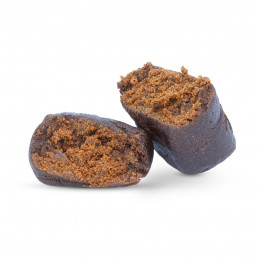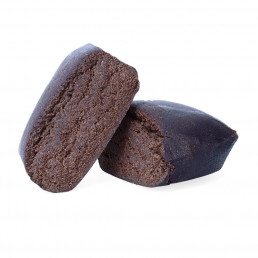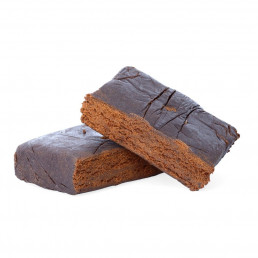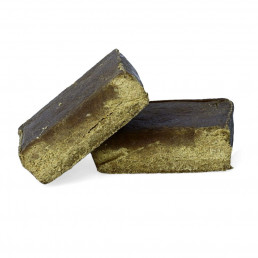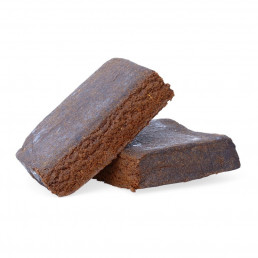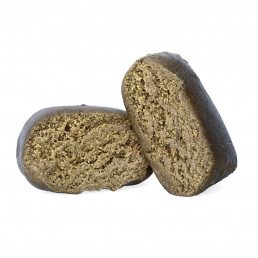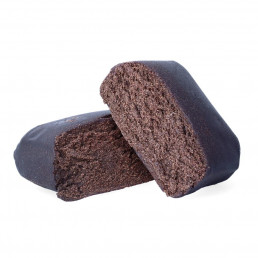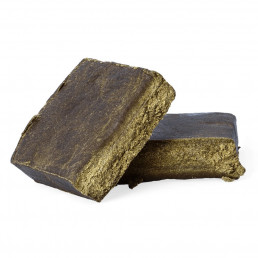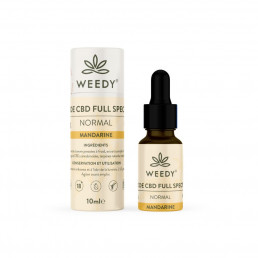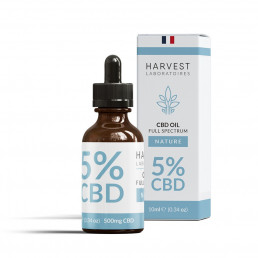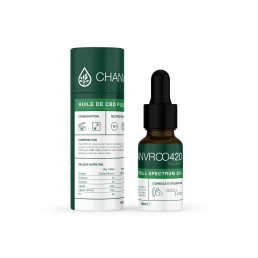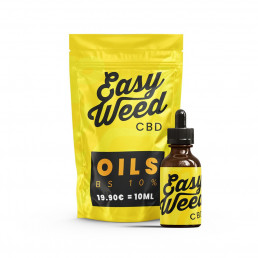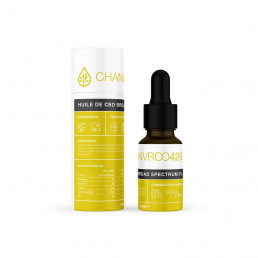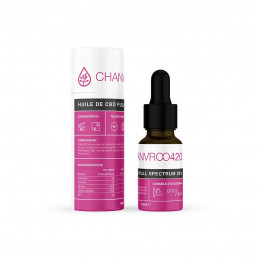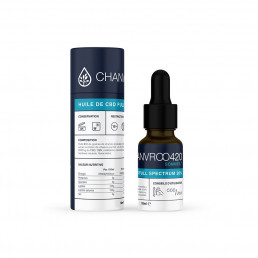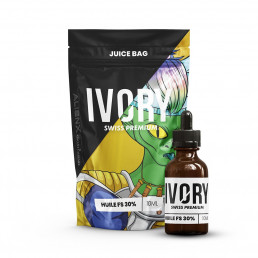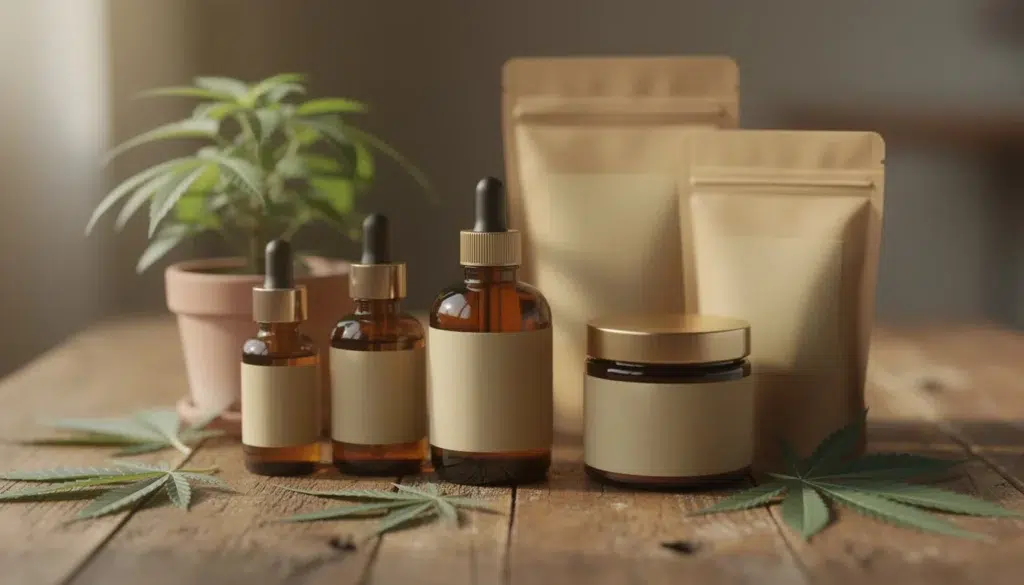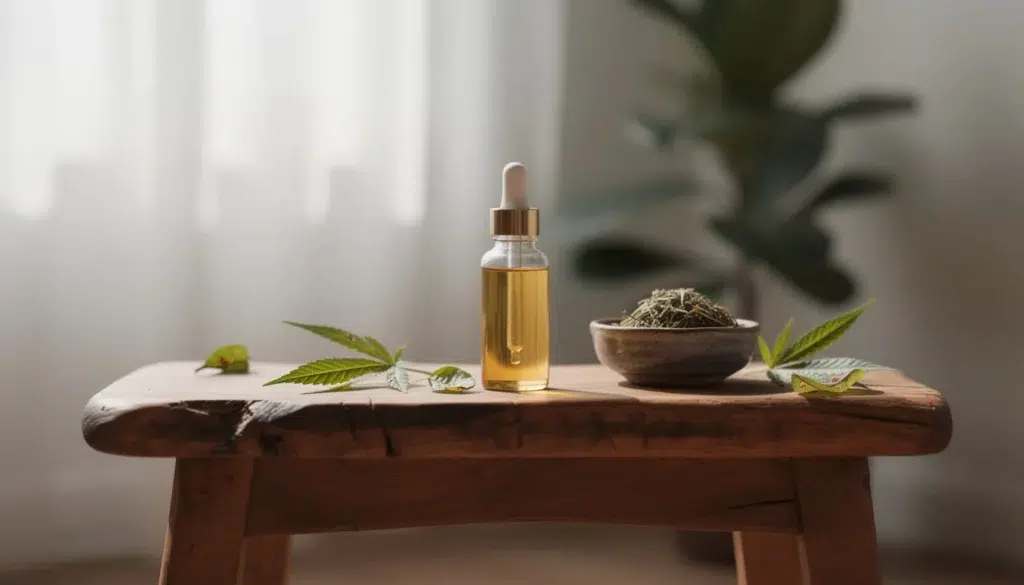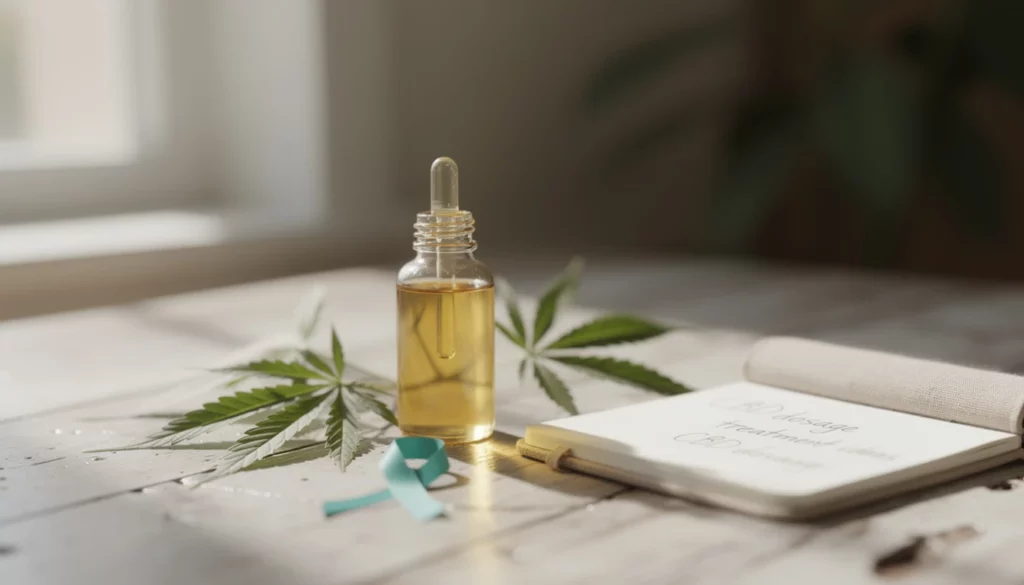
Weedy.fr
gets a makeover
NEW WEBSITE ONLINE
Faster, cleaner, and more promotions than ever before
Purchase of legal, inexpensive CBD in France, certified by a laboratory
Weekly special offers and exclusive products
Want to be the first to know? Sign up for the Weedy.fr newsletter and be the first to benefit from our promotions and new products. And because we like to pamper our loyal customers, we'll give you 15% off your next order just for signing up. Simple, fast, effective.
Cheap CBD flowers
Cheap CBD Hashs
Affordable CBD oils
Why buy your CBD from Weedy?
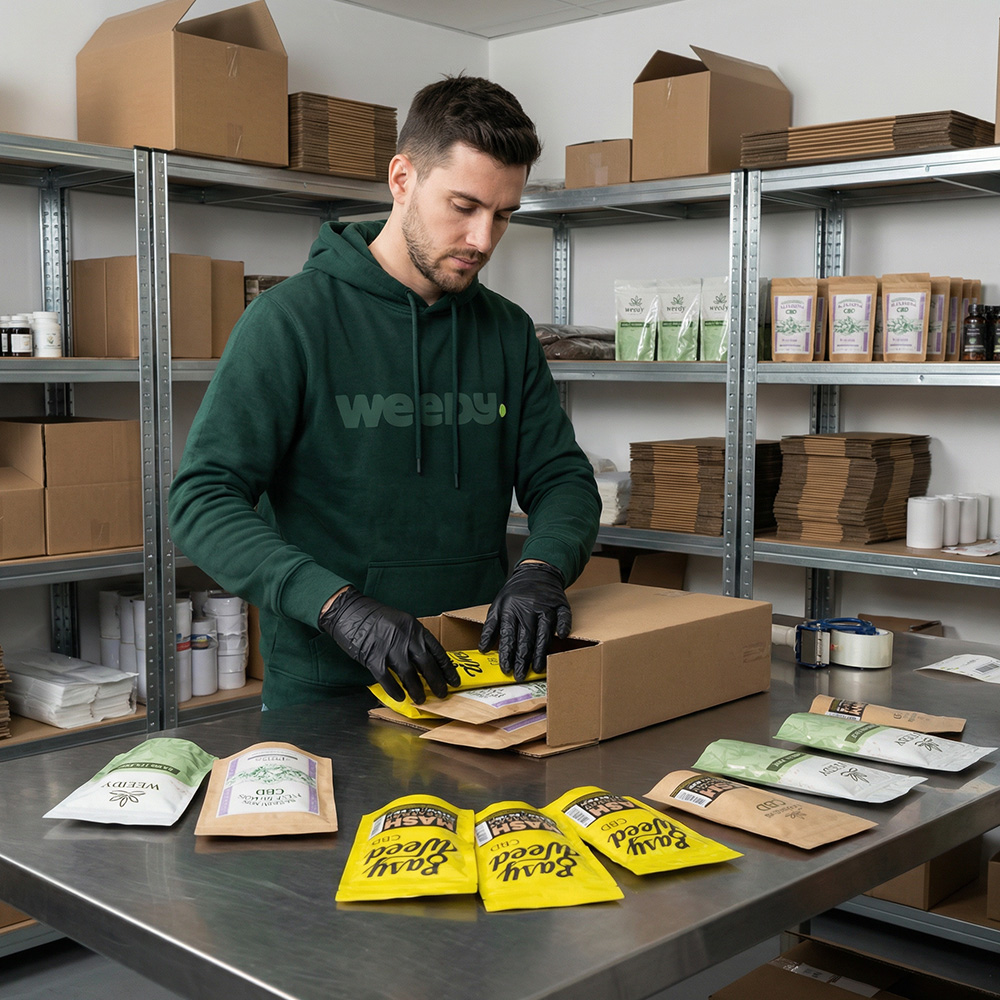
Why is CBD cheaper?
At Weedy.fr, we don't waste time with inflated margins or overpriced CBD. We do things right, and above all, we do them at the right price.
Thanks to a short supply chain, we cut out the nonsense and save you money. We buy in bulk and negotiate hard to offer you the lowest prices without sacrificing quality. And above all, we play the transparency card: just high-quality CBD, accessible to all.
Others charge crazy prices for the same quality. Not us. Weedy.fr offers the cream of the crop in CBD, without breaking the bank.
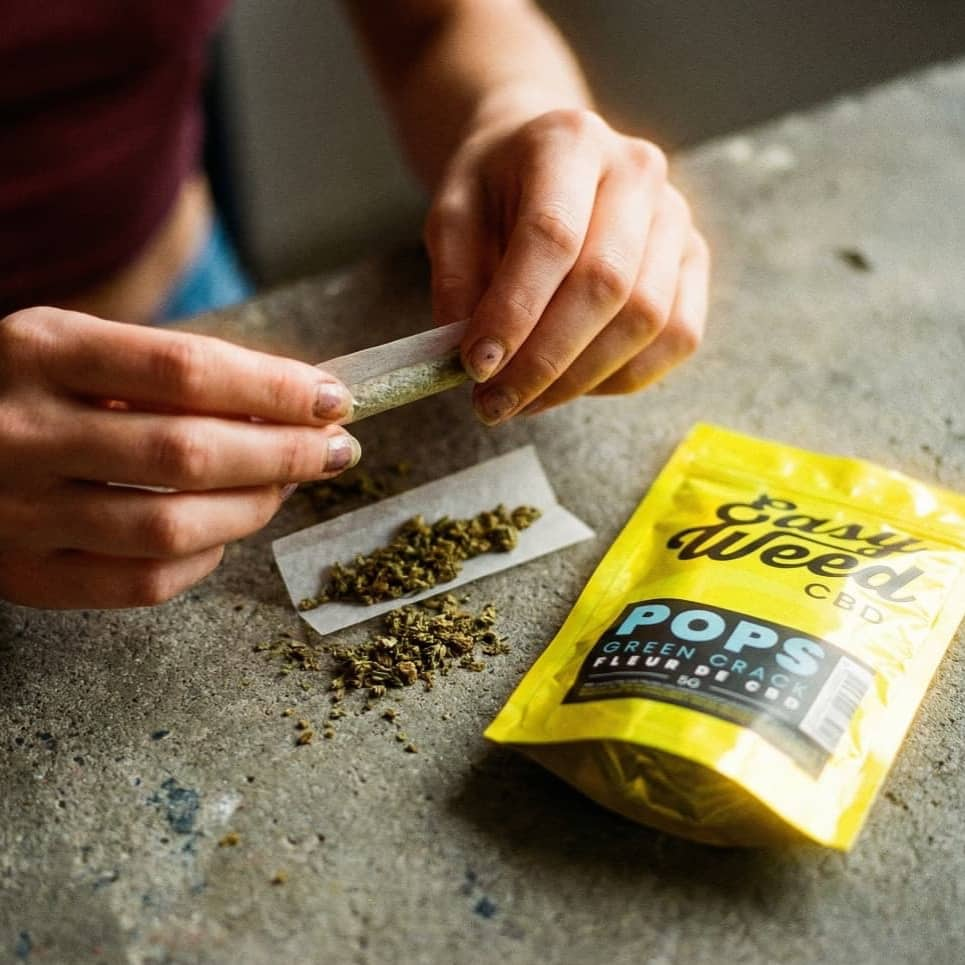
Free CBD
, all year round
At Weedy, free CBD isn't a one-off marketing stunt, it's a rule.
All year round, enjoy simple and transparent offers: 2+1 free or 1+1 free, no code, no catch. Just add your products to your cart and the offer will be applied automatically.
The result: more quantity, lower prices, and the same high quality standards. No need to wait for a special event to get a good deal—free CBD is part ofWeedy's DNA.
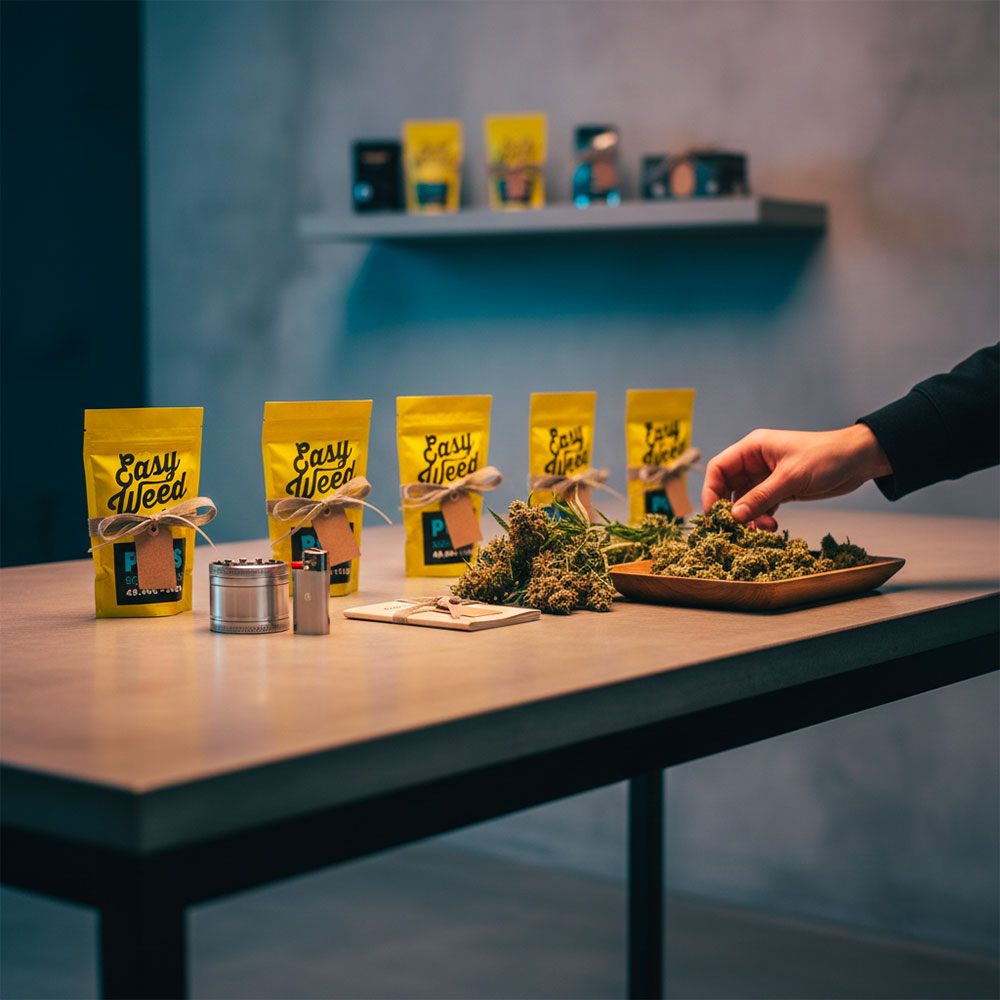
Here, you choose your own gift.
At Weedy, gifts aren't just a marketing ploy. With every order, you choose what you want to receive as a bonus. The higher your basket value, the greater the value and choice of gifts.
Unlike many sites that always offer the same low-end CBD flower that's been sitting in stock for ages, we give you access to a real selection of varied gifts: products, accessories, useful surprises. The result: a real bonus, tailored to your desires, not a sample you didn't choose.
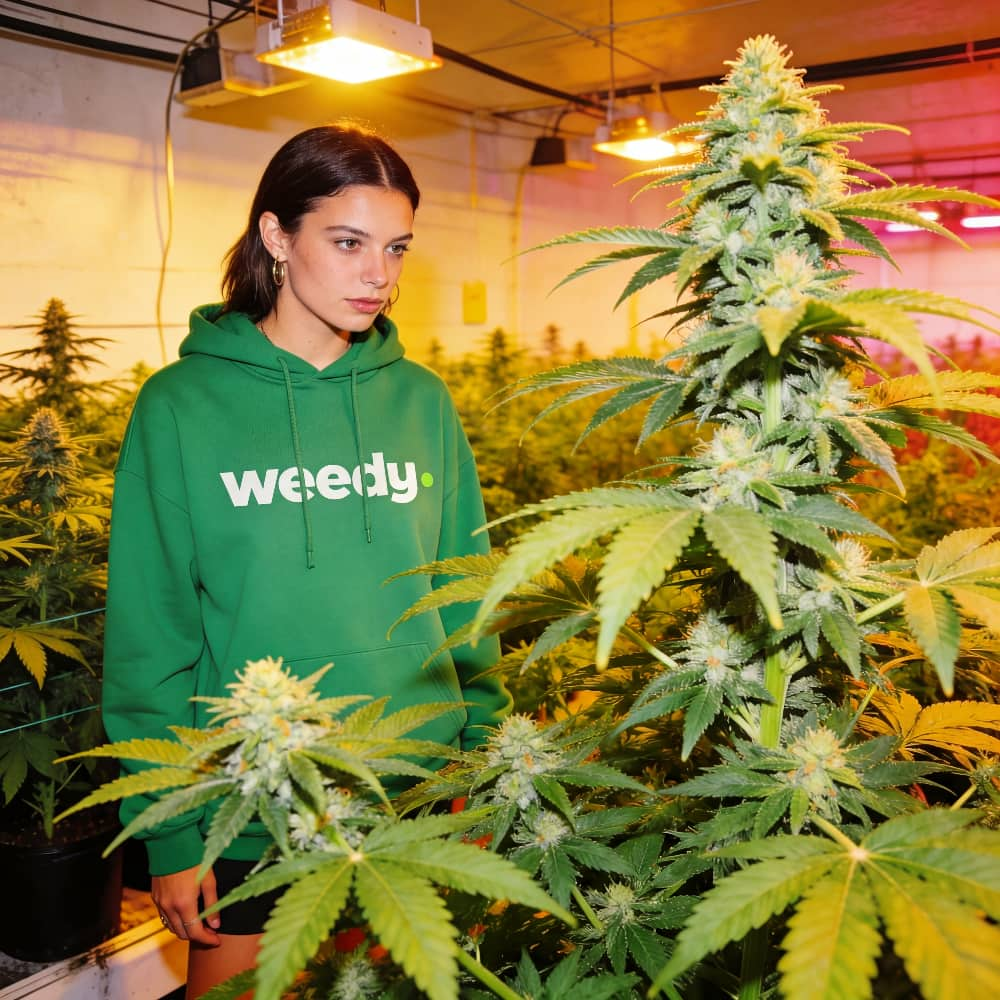
What is CBD?
CBD (Cannabidiol) is a molecule extracted from hemp. Contrary to popular belief, CBD is not a passing fad, but a revolution that is shaking up preconceived notions about cannabis.
At Weedy.fr, we select the best CBD varieties in France and around the world, without compromising on quality. Flowers, oils, resins, and much more, grown naturally and in an environmentally friendly way. Because consuming well also means knowing where it comes from.
Affordable CBD: our customers say it better than we do

Quality CBD excellence in France
Weedy, Quality CBD excellence in France
Cannabidiol (CBD) is extracted from the hemp plant and belongs to the cannabinoid family. Unlike tetrahydrocannabinol (THC), it is non-psychotropic, making it legal and safe for therapeutic use without the side effects associated with traditional cannabis. Medical expertise: Research published in the Journal of Cannabis Research suggests that CBD could play a key role in relieving anxiety, improving sleep and reducing chronic pain, making it a valuable ally for those seeking alternative treatments.
CBD, valued for its therapeutic potential for over 6000 years in China, is now gaining popularity worldwide for its many possible health benefits. This compound is recognized for its ability to alleviate a variety of ailments, playing a crucial role in the management of anxiety, stress, chronic pain, as well as sleep disorders and insomnia. Recent studies underline its effectiveness as a natural therapeutic agent, offering users a gentle yet powerful alternative to traditional medications. Its ability to interact with the body's endocannabinoid system enables it to regulate and soothe numerous physiological processes, enhancing the individual's general well-being.
Why choose Weedy.fr for cheap CBD?
Choosing Weedy.fr means opting for a trusted supplier in the legal cannabis sector. We guarantee top-quality products, with full traceability from source to consumer. Our commitment: We rigorously select our suppliers and products to ensure maximum purity and efficacy, in compliance with European standards. Our customers benefit from expert advice in choosing the product best suited to their needs, ensuring maximum satisfaction.
Our expertise in legal cannabis
Choosing Weedy.fr means opting for a trusted supplier in the legal cannabis sector. We guarantee top-quality products, with full traceability from source to consumer. Our commitment: We rigorously select our suppliers and products to ensure maximum purity and efficacy, in compliance with European standards. Our customers benefit from expert advice in choosing the product best suited to their needs, ensuring maximum satisfaction.
Wide selection of cannabidiol at the best prices
Our catalog of CBD products is diverse, offering options for every taste and need, from oils and infusions to flowers and resins. Customization: Every customer is unique, and so are our products. Whether you prefer cbd oils, cbd capsules or CBD flowers, we'll help you find the form and formulation that best suits your lifestyle and health needs.
High quality CBD guaranteed at Weedy.co.uk
We understand that the quality of CBD products is paramount to our customers. That's why we take a meticulous approach to every step of the process, from growing the hemp to manufacturing the finished products. Quality control: We work with certified laboratories to regularly test our products, ensuring their compliance with strict regulations and consistent efficacy. Our packaging is also designed to preserve product freshness and integrity right to your door.
Services and secure payment
We are committed to providing an exceptional user experience, with discreet shipping and a secure ordering process. Security and discretion: All shipments are made with the utmost discretion, in neutral, secure packaging to ensure your privacy remains intact. Our online payment system uses the most advanced technology to protect your personal and financial data.
Commit to well-being and enjoy the benefits of cannabidiol!
Selecting your CBD also means choosing the hemp variety that suits you best, taking into account its aromatic profile and flavors. Our online store offers a range of varieties, from classics prized by connoisseurs to options with more exquisite, gourmet notes.
We are proud to offer high-quality CBD oils, extracted from seeds grown according to organic farming methods. Our full-spectrum oils are enriched with cannabinoids, terpenes, vitamins, and omega 3 and 6 fatty acids, providing a synergy of beneficial molecules that maximize CBD's therapeutic effects. By opting for our oils, you ensure the most natural and effective cannabidiol experience.
For those who prefer CBD in other forms, we offer a wide variety of high quality flowers. Grown indoors, outdoors and in greenhouses, our flowers are available in different CBD concentrations and offer a wide range of flavour profiles to suit all preferences.
In addition, our range extends to various forms of CBD such as cbd resins, capsules, and cbd candies. Explore our options to discover the relaxing and soothing benefits of CBD, and enjoy a guaranteed moment of well-being with our boutique.
Follow us on social media
Why buy your CBD from Weedy?
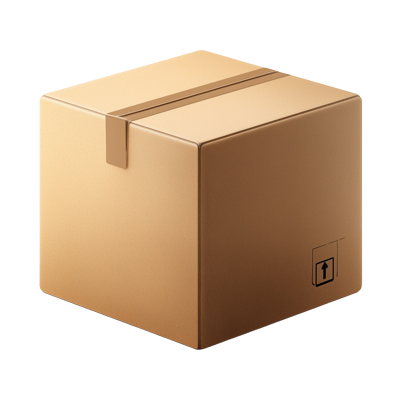
Discretion
Our packaging is vacuum-sealed in neutral envelopes. No references to Weedy appear.
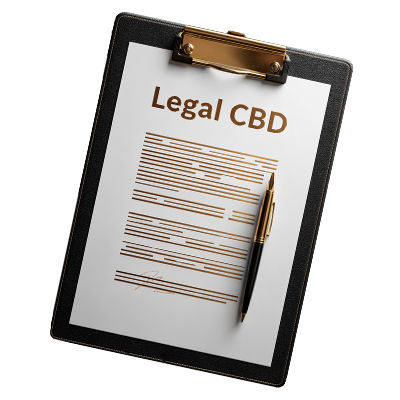
Legality
All our CBD products comply with current legislation and contain less than 0.3% THC.

Insurance
If your order tracking shows that it has not been delivered, it will be returned at no extra charge.

Speed
Your parcel is dispatched via Colissimo or Chronopost for an average delivery time of 48 to 72 hours.
A CBD specialist since 2017, Weedy.fr is a CBD pioneer in France. On our online CBD shop, a team of enthusiasts selects for you the best natural products at the best prices. On Weedy.fr, you can buy CBD in France in various forms: CBD flowers, CBD infusions, CBD oils, CBD cosmetics, food CBD... Take advantage of the effects of cannabidiol to improve your everyday well-being.
Latest blog posts
February 25, 2026
CBD-based dietary supplements: a comprehensive guide to making the right choice
In recent years, cannabidiol, better known by its abbreviation CBD, has become established in the...
February 25, 2026
How CBD can transform your meditation practice and reduce stress
Incorporating CBD into daily life is attracting more and more meditation enthusiasts. Many...
February 25, 2026
Ovarian cancer and CBD: hope for cancer treatment to be explored further
Ovarian cancer remains one of the most feared diseases among women, often...
Frequently asked questions about buying CBD online
Need
help?
What are the effects of CBD?
CBD or Cannabidiol is a molecule found in hemp that is known for its varied effects on the body. Its therapeutic properties are increasingly recognized and exploited.
- Relaxing and anxiolytic effects: CBD has the ability to relax the body and reduce anxiety, promoting better sleep.
- Anti-inflammatory and analgesic action: CBD can help relieve pain, particularly that associated with chronic inflammation.
- Appetite regulation: CBD can also influence appetite, which can be useful for weight management.
It should be noted that CBD acts on the central nervous system and interacts in particular with the serotonin system.us leo.
Is CBD legal in France?
Yes, CBD is legal in France. However, its legality is subject to certain conditions. Under French law, any product containing CBD must contain less than 0.3% THC (tetrahydrocannabinol), the psychoactive molecule in cannabis. This is a crucial point in guaranteeing the legality of a CBD-based product.
Note that the sale and consumption of non-medical CBD is permitted. However, it is essential to refer to reliable sources and contacts to ensure product compliance.
The French Supreme Court has also confirmed the legality of CBD in France, even if the product is produced in another European country.
How to use CBD? With which products?
There are many ways to use CBD. The method of administration depends largely on the product you choose. Here are some common options:
- Oils and tinctures: These formulations are generally administered under the tongue using a pipette. Absorption is rapid and effective.
- Capsules and pills: These forms of CBD are ingested. They are ideal for those who prefer a discreet method.
- Cosmetics: CBD-infused creams, balms and lotions can be applied directly to the skin. They are often used for skin conditions such as eczema and psoriasis.
- Food and beverages: CBD can be incorporated into a variety of edible products, including candies, chocolates and teas.
- E-liquids for vaping: These products are inhaled using an electronic cigarette. This method has rapid effects, as CBD is directly absorbed by the lungs.
Each method has its own advantages and disadvantages, so the choice depends on your personal preferences and needs.
What are CBD flowers?
CBD flowers are the mature buds from the hemp plant, or Cannabis Sativa, which are harvested for their high cannabidiol (CBD) content. They are often confused with traditional cannabis flowers due to their similar appearance, but the major difference lies in their chemical composition.
Unlike cannabis flowers, CBD flowers contain very little tetrahydrocannabinol (THC), the psychoactive component that causes the famous "high". The CBD present in these flowers has therapeutic properties but does not produce a psychoactive effect.
They are used in a variety of ways, including infusions, vaporization and in the preparation of certain dishes. They are also processed to produce oils, tinctures and other CBD-based products.
These flowers are available in several varieties, each with its own olfactory and gustatory characteristics. Their use is legal as long as the THC content does not exceed 0.3%.
What are CBD resins?
CBD resins, also known as CBD hash, are a concentrated form of cannabidiol. They are obtained by extracting the trichomes, small particles on the surface of CBD flowers, which are rich in cannabinoids and terpenes. The result is a compact, homogeneous plant material.
CBD resin is prized for its high CBD concentration, making it a popular choice among experienced consumers. Its texture is dense and sticky, and it can vary in flavor and CBD content depending on the plant varieties used.
It should be noted that, like other CBD products, CBD resin is legal in France as long as the THC content remains below 0.3%.
Who can take CBD?
Consumption of CBD is generally open to all adults, as long as the instructions for use and precautions are followed. Pregnant or breast-feeding women are not advised to use CBD.
What's more, the sale of CBD products is strictly forbidden to minors. It is therefore essential to check the legal age for consuming CBD in your country of residence.
It is also recommended that people undergoing medical treatment discuss this with their doctor before starting to consume CBD. Some studies suggest that CBD may interact with certain medications, so it's prudent to consult a healthcare professional before incorporating CBD into your daily routine.
Finally, people suffering from certain chronic illnesses can also consume CBD, but it's advisable to do so under medical supervision to avoid any negative interaction with their ongoing treatments.
Can I drive after taking CBD?
The question of driving after CBD consumption is a complex one. It's important to remember that CBD consumption can lead to side effects such as drowsiness or reduced concentration, which can potentially affect your driving skills. What's more, the presence of even minute traces of THC in your system as a result of CBD consumption may be punishable by law. The Highway Code prohibits driving under the influence of narcotics, and THC is one of them. The French Supreme Court (Cour de Cassation) has ruled on this issue, and CBD consumption before driving is now considered an offence.
Is CBD dangerous?
CBD itself is not considered dangerous. However, like any substance, it may carry certain risks depending on individual sensitivity, consumption pattern and ingested dose. It's also important to note that uncontrolled or excessive use of CBD can lead to adverse effects such as drowsiness, dry mouth or decreased appetite.
One of the potential dangers of CBD lies in its interaction with certain medications. For example, it can interfere with drugs such as anticoagulants, thyroid hormones and some anticonvulsants, potentially reducing their effectiveness.
What's more, buying CBD outside the legal circuit can be risky. The quality of the product may vary, and potentially dangerous substances may be present.
Finally, although studies are underway to determine the safety profile of CBD, the European Safety Authority has indicated that it is unable to rule on the safety of CBD-containing products in the absence of sufficient data. Further research is therefore required to ensure the safety of CBD products.
What are CBD oils?
CBD oils are products obtained by infusing cannabidiol (CBD) in a vegetable oil. The oil used can vary, but coconut or olive oil are commonly employed. This formulation enables CBD to be better assimilated by the body, as CBD is lipophilic, meaning it mixes better with fats. It should be noted that the CBD used can come either directly from cannabis or from other plants, and then be enriched with CBD. This product is often available in a bottle with a dropper for easy dosage. Used as a health supplement for its properties, CBD oil is considered a dietary supplement, not a medicine.
What are CBD infusions?
CBD infusions are hot drinks obtained by infusing cannabidiol (CBD) in water or tea. They are appreciated for their ability to diffuse the beneficial properties of CBD in a smooth, pleasant way. The CBD used in these infusions can come from various parts of the hemp plant, including flowers and leaves. CBD infusions can be consumed on their own or combined with other plants to enhance their effects. Their taste may vary according to the ingredients used and the concentration of CBD.
What is cannabidiol?
Cannabidiol, often abbreviated to CBD, is one of hundreds of chemical substances, known as cannabinoids, naturally present in the hemp plant (Cannabis sativa). Unlike other cannabinoids, such as tetrahydrocannabinol (THC), CBD has no psychoactive effect, so it doesn't induce a feeling of euphoria or "high". It is this characteristic that makes CBD a compound of interest for many therapeutic uses.



